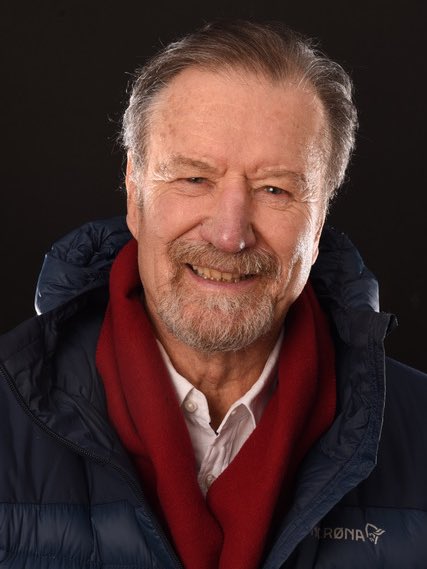The psychological pain of the DEPRIVATION of love
From the disregard and repression of love (the being love as well as the primary excited love) – this elemental need of life – arise acts of the most brutal violence, especially when people are repeatedly denied this experience and especially when they have been denied it at a very early age.
The consequences of a severe deficit of unconditional love or even of (sexual) abuse in infancy manifest themselves to a particular degree in narcissistic personality disorder as well as – probably most pronouncedly – in borderline personalities.
The consequences of love deprivation using Saddam Hussein as an example
ALICE MILLER has pointed out corresponding connections in the life of Adolf Hitler. Another example from the series of great dictators is provided by the biography of Saddam Hussein. These are statements made by Hassan Al-Alawi, Saddam’s most intimate advisor from l974-80:
“The father died early (probably this was not known at all, thus the child was an outlawed fair game) beaten by his stepfather again and again. Already as a ten-year-old he never separated from an iron billet, beating around with it and defending himself against the dogs. At school he hid it under his jellaba. Sometimes, surrounded by his comrades he held it into the fire until glowing red with heat and pressed it into the eyes and anus of captured animals.
This iron billet was his only companion and his only protection against a harsh society that pushed him away. He grew up hating the society and with that billet in his hand. Even today (1984) his trust in that billet is stronger than anything else. From it he draws the core of his power.
Nothing else can protect him: neither the police nor the state. No image of him, no song to his fame can convince him that society loved him at last. And as he killed the dogs, he killed all his friends in the party and some of his relatives. Without any remorse. And still being as lonely.
At 14 he committed his first murder, on instigation of his uncle, who wanted to take revenge on someone. The iron billet later turned into a pistol …”
Thesis:
Physical and psychic violence are possible responses to the separation pain resulting from deprivation of love. If repeatedly the hurt has been experienced psychologically, this aggressive potential later discharges anticipatively in the sense of a preventive action against the fear of being deprived of love.
How children with love deprivation develop
Inversely a state of total resignation can occur in both children and adults in extreme situations, as BETTELHEIM has shown in the case of severely autistic children and inmates of concentration camps.
With the children however, as already mentioned, he found that underneath the apparent exhaustion there is always a tremendous potential of energy hidden, which is discharged in excessive rage as soon as a correspondingly trusting and hopeful atmosphere is created within the framework of the therapy efforts.
When drug addicts cite the psychological pain of psychic deprivation as the reason for their addiction, it is consistent with my experience in my own therapies and as a companion to clients. The psychological pain of love deprivation leads to an unconscious longing for the lost experience of love in the state of being love.
One explanation of “substance abuse” is that users attempt to reunite with the mother in the intrauterine situation via the addictive substance. It is possible that the cause of “primal pain” is the loss of the intrauterine symbiotic connection with the mother through childbirth.
Deep psychological wounds already in the fetus
The search for satiating this longing to become the all-determining, imperative factor for a human being, psychic wounds had to be set which impacted the organism more strongly than the biological detachment/separation is capable of doing in connection with the birth process. In all likelihood the deepest wounds stem from experiences that already the fetus has undergone.
SIGMUND FREUD, being an advocate for the reality principle came to the conclusion that man “has to do without pleasure” adding logically and pessimistically:
“Life as it is imposed on us is too hard for us, it brings us too much psychic pain, disappointments, unsolvable tasks. To bear it we cannot spare alleviations …. distraction,… compensatory satisfaction…, intoxicants.”
Phrased differently:
According to FREUD psychic pain is the basic state of human existence, compensatory satisfaction the natural antidote to this existential evil. He recognized that “the sick person represses from his memory that hurts him; therefore he became sick”.
NITZSCHKE concludes, “repression instead of necessary mourning is a damaging form for humans and their necessary capacity to forget…. Instead of getting insights by remembering the hurt, in neurosis repetitively may be unconscious acting out.”
Suppressing in neurosis, undoing things, all of this serves as an attempt to keep psychic pain under control. In conjunction with FREUD’s terms of reality principle and compensatory satisfaction we find ourselves unmistakably in what I call the secondary self.



